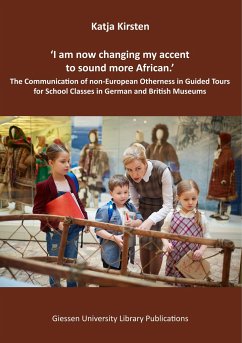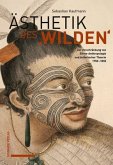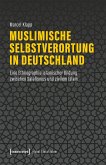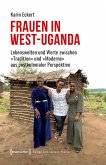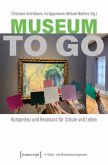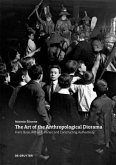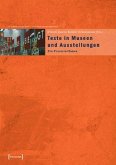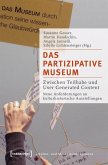While European museums that exhibit non-European objects are increasingly reframing their public role by integrating different perspectives from so-called 'source communities', engaging in discussions about restitution, and actively addressing the history of their collections, this does not mean that the institution of the museum has entirely overcome essentialist or condescending depictions of non-European Others. Arguing that a critical reflection of the museum's representational power has predominantly unfolded in the domains of research and curating, and only insufficiently in the areas of education and communication, this dissertation critically investigates ways in which non-European otherness is communicated in the context of museum education. The material at the core of this work consists of session protocols and transcripts of sixteen different guided tours for school classes that were observed and documented in four different museums located in Germany and Great Britain. The analysis of the guided tours revolves around recurring patterns of speaking about non-European Others that are applied by the guides regardless of the specific regional contexts that they address.
Bitte wählen Sie Ihr Anliegen aus.
Rechnungen
Retourenschein anfordern
Bestellstatus
Storno

